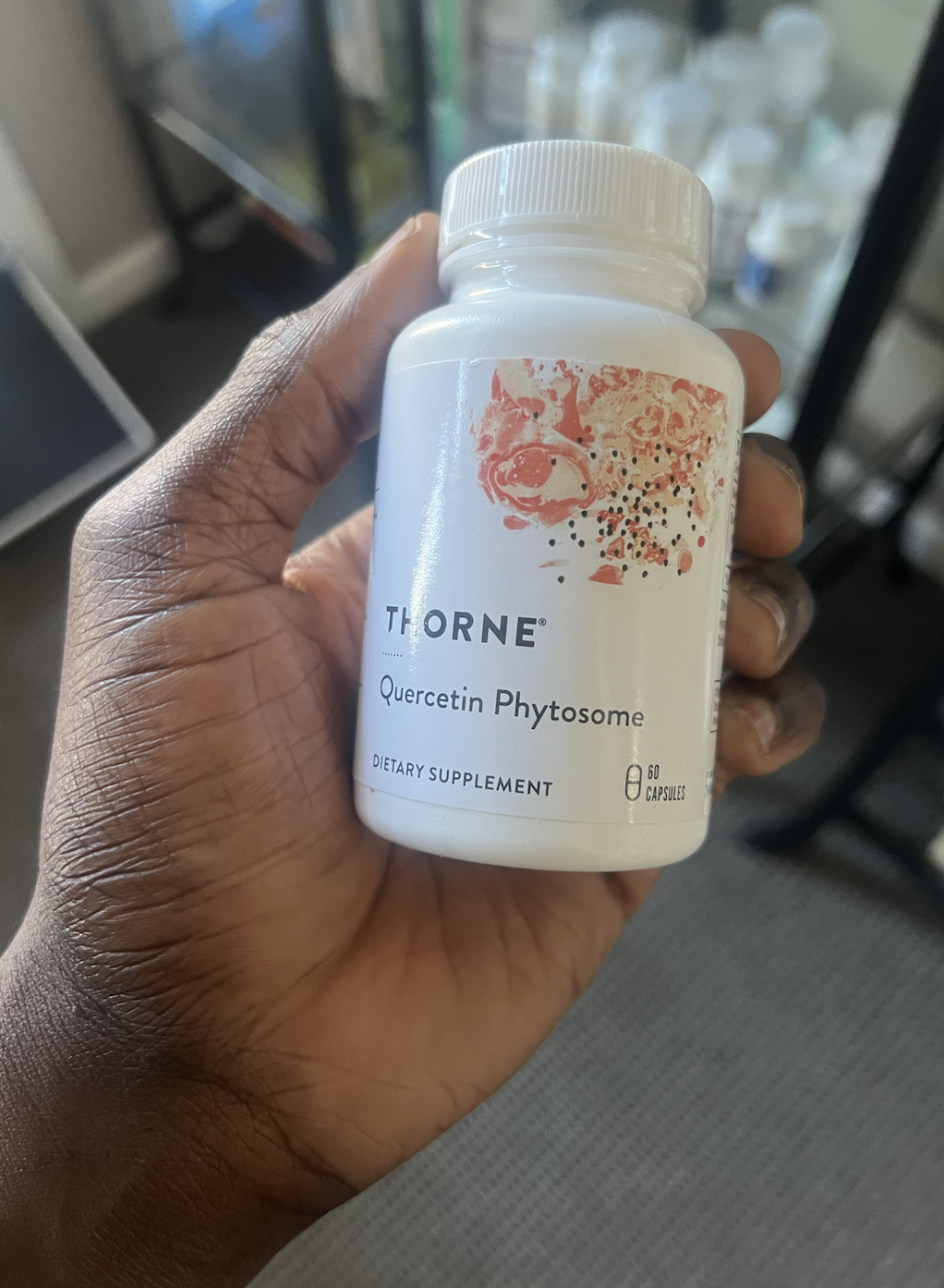Stress, Cortisol, and Cancer. How to heal with nature and lifestyle.
/Stress has become a staple of modern life—almost a badge of honor. But behind the hustle and grind lies a silent saboteur: cortisol, our primary stress hormone. While cortisol plays an essential role in our survival, chronic elevation can do more harm than good—especially when it comes to long-term health outcomes like cancer.
Let’s break down the connection between stress, cortisol, and cancer—and explore natural ways, including botanical herbs and lifestyle changes, that can help us bring balance back.
The Stress-Cortisol-Cancer Connection
When you're under stress, your body releases cortisol to help you cope. This is great in short bursts: it increases energy, suppresses inflammation, and helps with quick decision-making. But when stress is chronic, cortisol stays elevated, and that’s when problems start.
Chronic cortisol elevation has been linked to:
Immune suppression (making it harder to detect and kill abnormal cells)
DNA damage
Increased inflammation
Tumor growth in certain cancers (breast, prostate, and colon cancer have shown potential associations)
Chronic stress can also lead to unhealthy coping mechanisms—like poor diet, smoking, or alcohol use—which themselves are cancer risk factors.
Nature's Helpers: Botanical Herbs for Stress & Cortisol Regulation
Certain herbs, known as adaptogens, help the body adapt to stress and regulate cortisol levels. Here are some worth exploring:
1. Ashwagandha (Withania somnifera)
Proven to reduce cortisol levels significantly
Supports adrenal function and reduces anxiety
Often used in Ayurvedic medicine for vitality and resilience
2. Rhodiola rosea
Enhances energy, focus, and mood under stress
Helps regulate cortisol and supports mitochondrial function
3. Holy Basil (Tulsi)
Considered a sacred herb in India for promoting calm and longevity
Helps balance cortisol and supports immunity
4. Reishi Mushroom (Ganoderma lucidum)
Immune modulator with potential anti-tumor properties
Reduces fatigue, supports sleep, and improves stress response
5. Lemon Balm (Melissa officinalis)
Calming herb used for centuries to ease anxiety and promote rest
Mild and gentle enough for daily use
Note: Always consult a healthcare provider before starting any new herbal regimen.
Lifestyle Changes That Reduce Cortisol Naturally
Reducing cortisol isn’t just about what you take—it's also about how you live. Here are lifestyle strategies proven to help:
🌿 Sleep Like Your Life Depends on It (Because It Does)
Aim for 7–9 hours of quality sleep
Cortisol levels naturally drop during sleep; poor sleep increases stress hormones
🧘 Move Mindfully
Exercise reduces cortisol in the long run, but over-exercising can backfire
Yoga, walking, tai chi, or dancing can reduce stress without overloading the system
🧠 Meditation & Deep Breathing
Even 10 minutes of deep breathing can reduce cortisol levels
Apps like Insight Timer, Headspace, or even a simple YouTube guided session can help
🍎 Eat to Heal - FOOD IS MEDICINE!
A whole-foods, anti-inflammatory diet supports adrenal health
Avoid excessive sugar, caffeine, and processed foods which can spike cortisol
🧑🤝🧑 Stay Connected
Social support is a major buffer against chronic stress
Laugh, talk, hug, connect—your nervous system needs it!
Final Thoughts
While stress is unavoidable, chronic stress isn’t inevitable. By understanding the cortisol connection and leaning into nature’s wisdom—through herbs, food, and lifestyle—you can not only feel more grounded and energized but also support your body’s deeper systems of healing and defense.
Whether you're preventing illness or walking through a healing journey, reducing stress and balancing cortisol can be one of the most powerful things you do for your health.
Come see us if you need more targeted strategies for balancing cortisol.
Pro-Tip: Did you know we make botanical teas combating stress and cortisol? Visit our dispensary at https://www.aimnatural.com/teas for tasting calming drink.













